The lives of six children with complex spine deformities and 21 children with hand and arm deformities have been dramatically improved thanks to the work of a surgical team from Cincinnati Children’s that traveled to India earlier this year.
The trip, held Jan. 19-25, was the second of five annual visits planned to help children at the Polio Foundation Hospital, a charity hospital located in Ahmedabad, India.
“The trip was a great success,” says Shital Parikh, MD, an orthopedic surgeon at Cincinnati Children’s and a native of Ahmedabad. “We were immensely proud and satisfied to be part of this mission trip. In addition to helping children with complex deformities, the trip provided several opportunities for exchange of knowledge and skills between the physicians from Cincinnati and Ahmedabad.”
Some of the severe cases treated during the trip involved a the correction of “radial club hand,” a congenital deviation of the wrist and shortening of the forearm. This type of birth defect can be caused by sporadic genetic mutation, maternal exposure to certain chemicals or by a variety of rare childhood syndromes. Overall, radial club hand occurs once in every 30,000 to 100,000 births.
Another case involved a child with a congenital high scapula, also known as Sprengel’s deformity. This rare birth deformity results in one shoulder blade being located significantly higher on the back than the other. The deformity occurs when the shoulder fails to descend properly from the neck to its final position during early fetal development. About 75 percent of all cases are girls.
“Several such deformities in children in a developing country are neglected or inadequately treated due to limited resources,” Parikh says. “But after observing and assisting with these and other cases, the surgeons there will be better prepared to perform similar operations in the future. And that will benefit even more children than we could help during our visit.”
The mission team was headed by renowned pediatric orthopedic surgeon Alvin Crawford, MD. The team included surgeons Viral Jain, MD, Kevin Little, MD, Heather Harrison, MD, and Kim Bjorklund, MD, along with anesthesiologists Rajeev Subramanyam, MD, and Elizabeth Cudilo, MD. Janice Mader, an employee of Evokes Inc., a Cincinnati-based company that donated the team’s neuromonitoring equipment and supplies, also joined the team.
Overall, donated spine rods and other supplies and equipment were valued at more than $1.5 million. Surgical instruments and implants were donated by Depuy Spine, USA and Medtronics, USA. Bone graft products were donated by Allosource, a nonprofit bone allograft processing organization.
“On behalf of the entire team, I would like to thank Cincinnati Children’s Hospital Medical Center and the Polio Foundation, India, to allow us to be part of this wonderful trip and to be able to make a difference in the lives of our patients,” Parikh says. “I would also like to thank Depuy Spine, Medtronics, Allosource and Evokes Inc. for their generous contributions.”

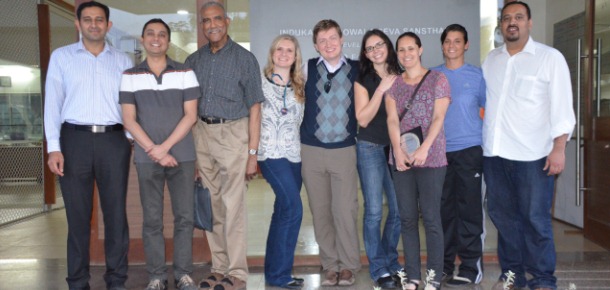


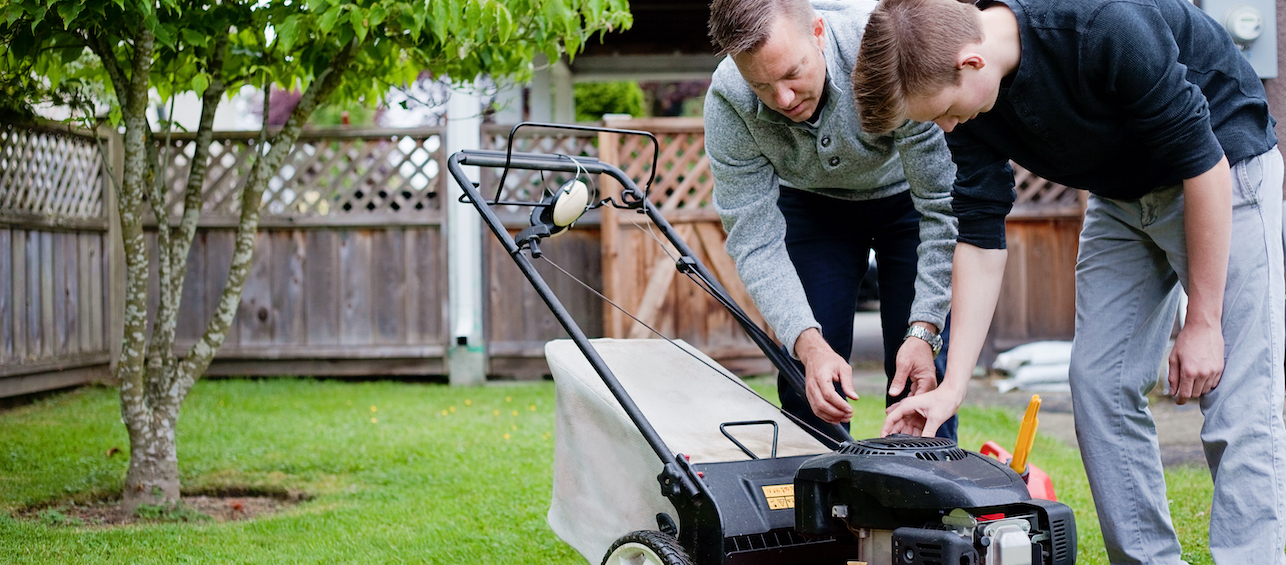
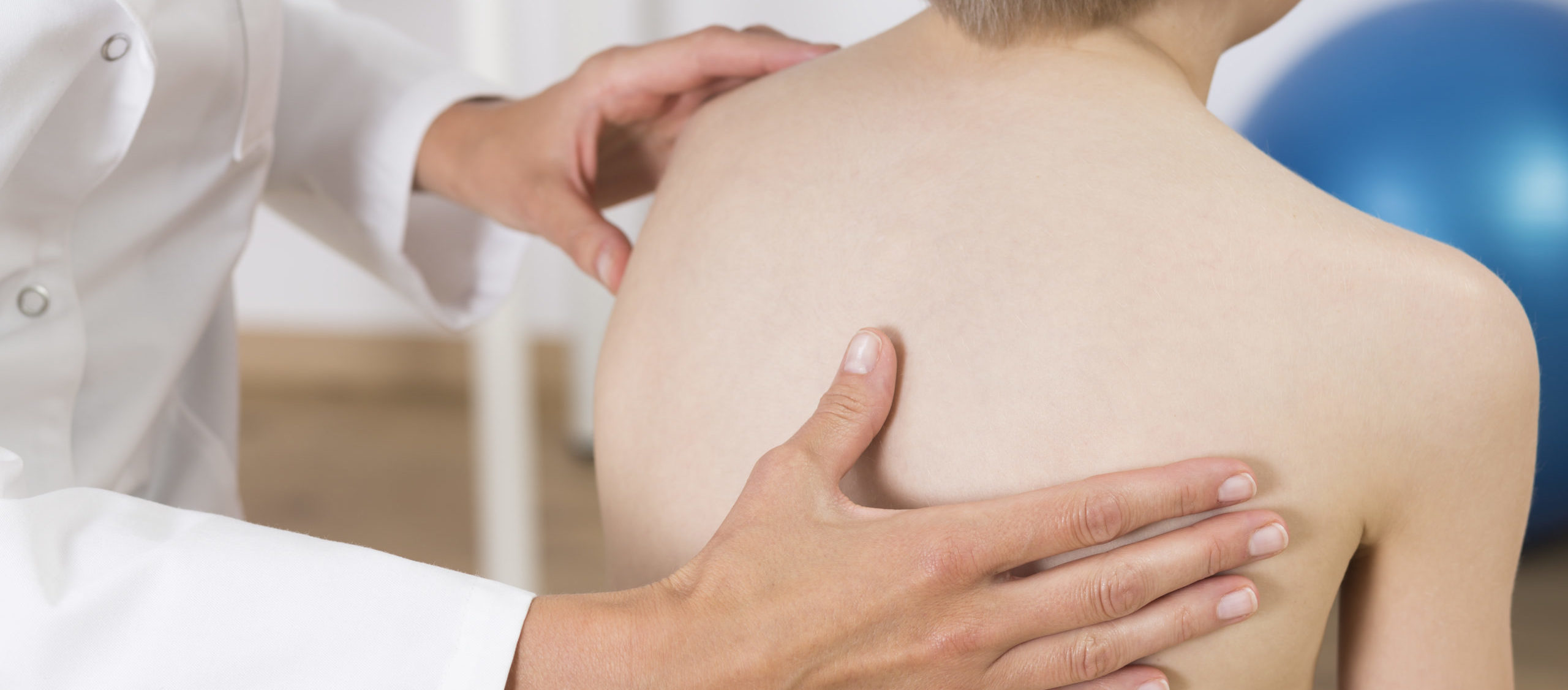
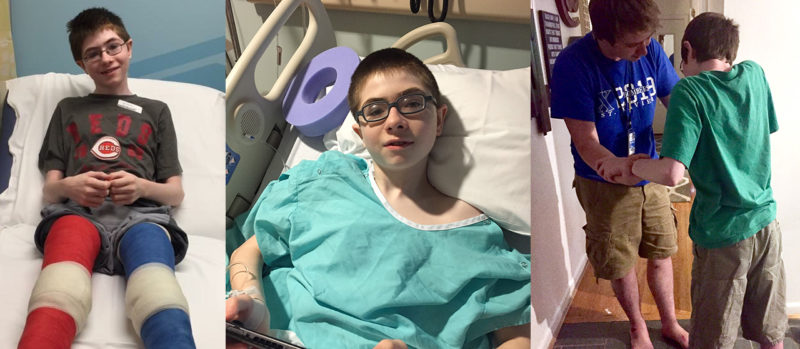
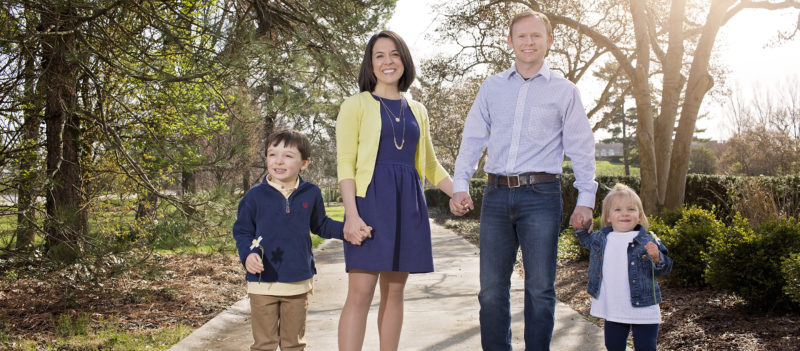
What a great story and the picture of all our amazing providers speak volumes – look at the smiles! So often mission trips do as much for the team as they do to help all the children. So thankful to work at an organization that supports so many less fortunate. Congratulations and Thank you for your time, expertise and compassion. You make us all proud! Thank you, Tonya Honeycutt